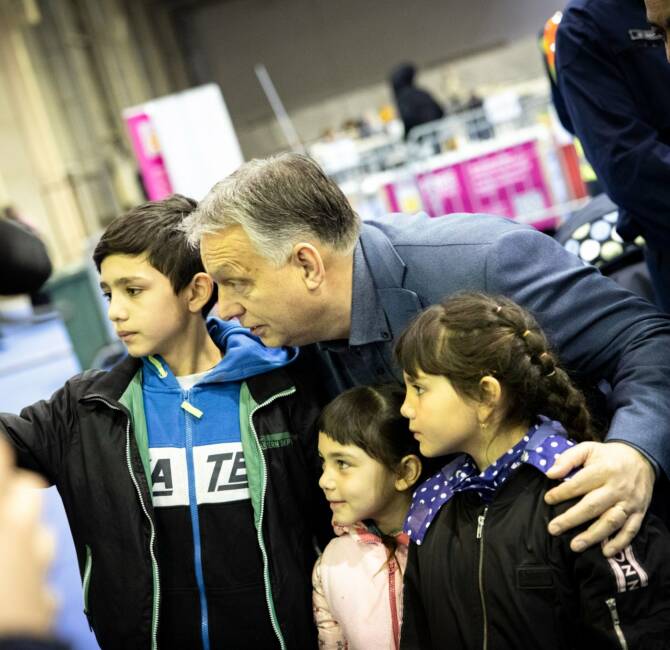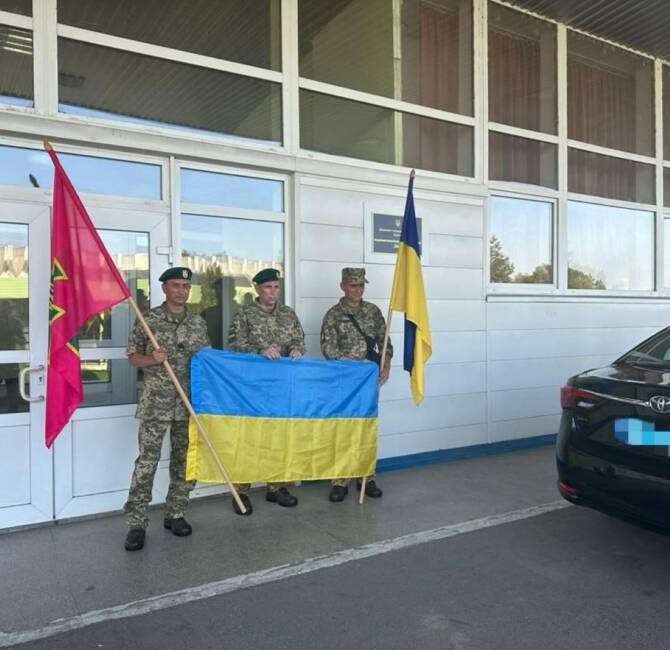Hungary – The least that can be said is that the French and Hungarian governments are generally not on the same wavelength. However, there are some areas where Paris and Budapest have similar stances, as is the case with nuclear power.
During his last visit to Paris on 14 February, Hungary’s Foreign Affairs and Trade Minister Péter Szijjártó met with France’s Energy Minister, Agnès Pannier-Runacher. The two discussed the “important role [played by Framatome] in the construction of the new Paks nuclear power plant”, a project that the Orbán government considers to be “a guarantee of Hungary’s secure energy supply in the long term”:
“We are grateful to the French government for allowing Framatome to supply the control system for the new Paks nuclear power plant. We also agree that it makes no sense to impose sanctions on nuclear cooperation with Russia.”
Russia’s Rosatom was commissioned by Hungary in 2014 to build two additional reactors at the country’s existing Paks nuclear power plant. While the Franco-Hungarian-Russian cooperation seems to be working well for the extension works that are underway at Hungary’s one and only nuclear plant, Olaf Scholz’s government in Germany, which is a coalition government between centre-left Social Democrats and the Greens, remains hostile to nuclear power on principle and has prevented any participation by Siemens in the Paks II project. In Péter Szijjártó’s eyes, the Germans are “endangering [Hungary’s] long-term energy supply security, which is unacceptable.”
Both France and Hungary are opposed to the extension of EU sanctions against Russia to civil nuclear power. The Paks power plant produces half of Hungary’s energy supply, and many French nuclear power plants are supplied with uranium from Russia.




